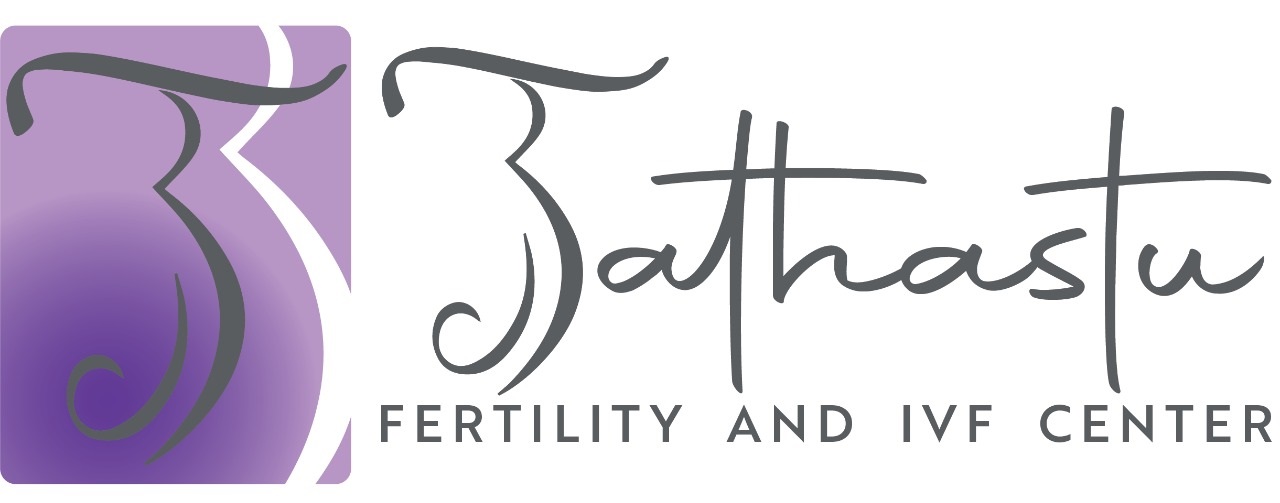During your first consultation with a fertility specialist, you can expect to discuss your medical history, undergo a physical examination, and have an open conversation about your fertility concerns and goals. The specialist may order additional diagnostic tests or screenings to further assess your fertility potential.
They will provide information about potential treatment options, answer your questions, and work with you to create a personalized fertility plan based on your specific needs and circumstances.
IVF is typically considered when other fertility treatments have been unsuccessful, or when there are specific factors such as blocked fallopian tubes, endometriosis, or low sperm count. It may also be an option for individuals or couples who have a genetic condition they wish to avoid passing on to their children.
Male infertility can be caused by factors such as low sperm count, abnormal sperm morphology or motility, hormonal imbalances, genetic disorders, and lifestyle choices like smoking or excessive alcohol consumption.
Female infertility can result from various factors including ovulation disorders, blocked fallopian tubes, endometriosis, polycystic ovary syndrome (PCOS), hormonal imbalances, uterine abnormalities, or age-related decline in egg quality.
Intra-uterine insemination (IUI) is a fertility treatment where washed and prepared sperm is directly placed into the uterus, increasing the chances of fertilization. It is often used for mild male infertility, unexplained infertility, or when there are cervical issues.
The five steps of the IVF process are:
- Ovarian stimulation: Administration of medications to stimulate the ovaries to produce multiple eggs.
- Egg retrieval: Surgical removal of mature eggs from the ovaries.
- Fertilization: Combining the retrieved eggs with sperm in a laboratory to facilitate fertilization.
- Embryo culture: Culturing and monitoring the embryos for a few days to allow them to develop.
- Embryo transfer: Placement of the selected embryos into the uterus for implantation.
Age significantly affects a woman’s fertility, with a gradual decline starting in her late 20s and a more rapid decline after 35. Advanced maternal age is associated with higher risks of miscarriage, chromosomal abnormalities, and reduced pregnancy success rates.
Yes, PCOS (Polycystic Ovary Syndrome) can impact a woman’s fertility by causing irregular ovulation or anovulation (lack of ovulation). Hormonal imbalances associated with PCOS can disrupt the normal reproductive process.
Endometriosis is a condition where the tissue lining the uterus grows outside of it. This can lead to pain, inflammation, and fertility problems. Common symptoms include pelvic pain, painful periods, heavy bleeding, and infertility.
Cryopreservation is the process of freezing and storing biological material, such as eggs, sperm, or embryos, at very low temperatures for future use. It allows individuals or couples to preserve their fertility for later use, particularly if they are undergoing treatments that may affect fertility or if they wish to delay starting a family.
IVF babies are not born with a higher risk of deformities compared to naturally conceived babies. However, there may be a slightly increased risk of certain birth defects associated with underlying fertility issues or the techniques used during the IVF process.
A healthy approach to a fertility diet typically involves: consuming a balanced and nutritious diet that includes whole foods, plenty of fruits and vegetables, lean proteins, healthy fats, and adequate hydration. It may also involve reducing the intake of processed foods, refined sugars, caffeine, and alcohol, incorporating regular physical activity, managing stress, and maintaining a healthy weight.
Preimplantation Genetic Testing – Aneuploidy (PGT-A) is a technique used during IVF to screen embryos for chromosomal abnormalities. It involves testing a small number of cells from the embryos before they are transferred to the uterus, helping identify those with a higher chance of implantation and reducing the risk of miscarriage or certain genetic conditions.
The seven signs of endometriosis include:
- Pelvic pain: Chronic pelvic pain that may worsen during menstruation or intercourse.
- Painful periods: Severe menstrual cramps that are not relieved by over-the-counter pain medications.
- Heavy menstrual bleeding: Excessive or prolonged menstrual bleeding.
- Pain during intercourse: Pain or discomfort during sexual intercourse.
- Bowel or urinary problems: Painful bowel movements, urinary urgency or frequency, or pain during urination.
- Fatigue: Persistent fatigue or exhaustion.
- Infertility: Difficulty getting pregnant or experiencing recurrent miscarriages.
Preimplantation Genetic Testing – Monogenic (PGT-M) is a type of genetic testing performed during IVF to screen embryos for specific monogenic disorders. It helps individuals or couples who carry genetic mutations associated with certain diseases to select embryos that are free of those mutations.Preimplantation Genetic Testing – Structural Rearrangement (PGT-SR) is a type of genetic testing performed during IVF to screen embryos for structural rearrangements in their chromosomes. It helps identify embryos with balanced structural rearrangements, reducing the risk of passing on chromosomal abnormalities to future children.
In India, egg donation involves finding a compatible donor through clinics or agencies. Donors undergo evaluations, and their menstrual cycle is synchronized with the recipients. Fertility drugs stimulate egg production, and eggs are retrieved through follicular aspiration. Fertilization happens in the lab, embryos are cultured and then transferred to the recipient’s uterus.
Consult us at Tathatstu IVF or a fertility specialist for personalized guidance as procedures may vary on a case-to-case basis.
Sperm donation in India involves a careful selection process for donors, thorough screening, collection of sperm, laboratory processing, cryopreservation, and storage. Donated sperm is used for insemination or assisted reproductive techniques like IUI or IVF when recipients are ready for conception.
Embryo donation in India involves the transfer of donated embryos to recipients unable to conceive. It includes donor matching, legal formalities, embryo thawing and transfer, and pregnancy monitoring. This option enables individuals or couples to fulfill their dreams of parenthood using donated embryos.
